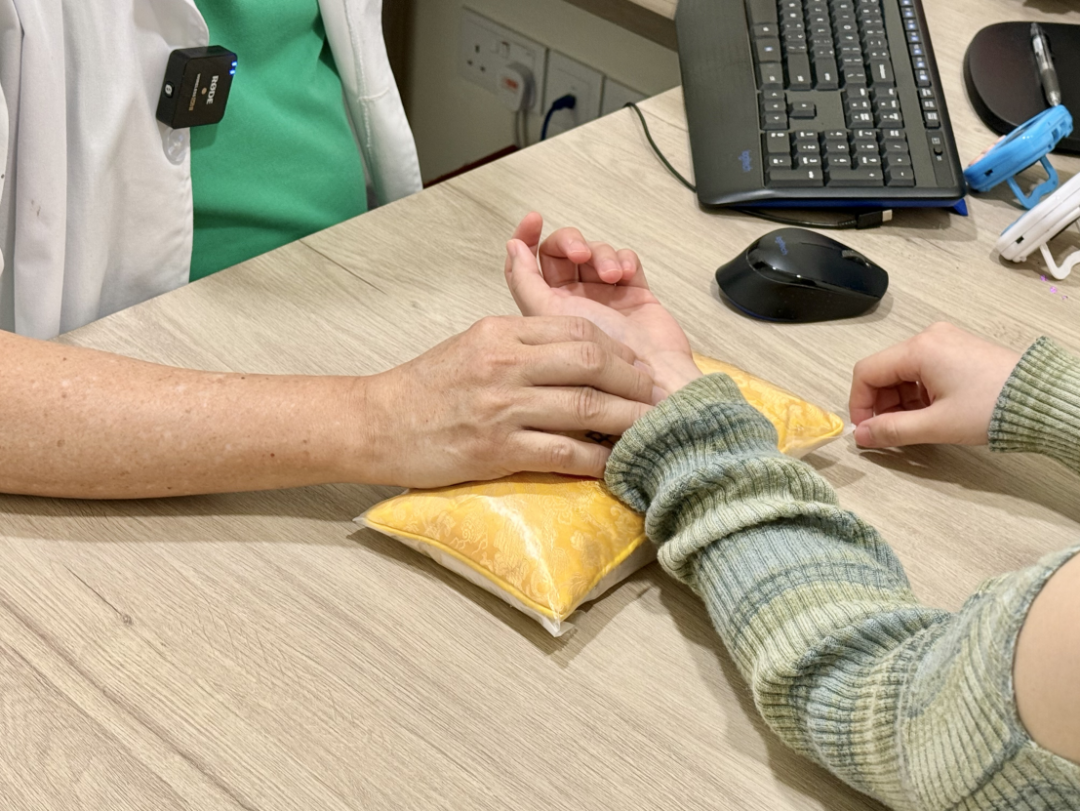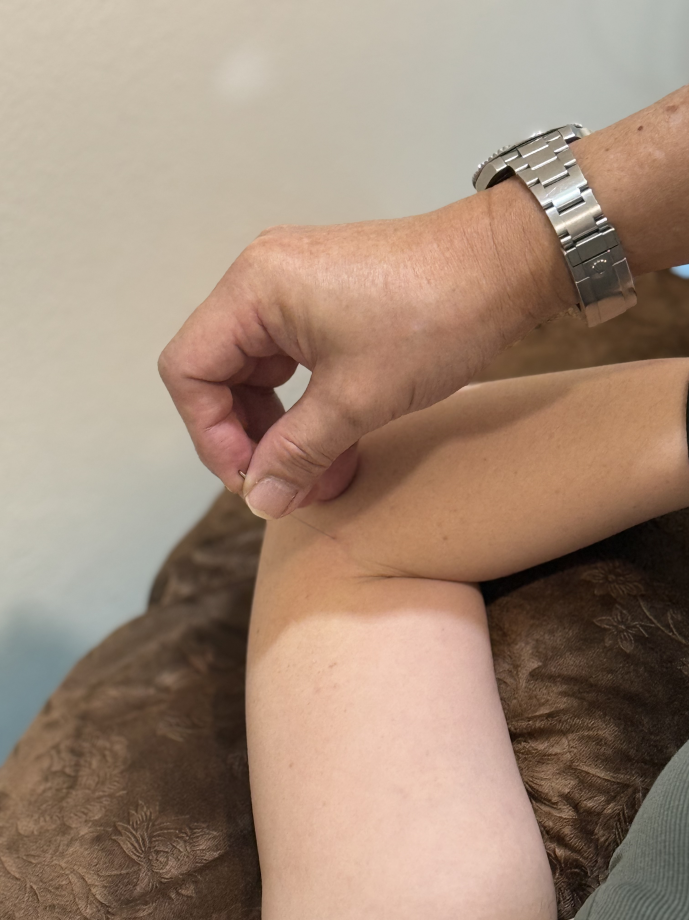The COVID-19 virus is becoming active again? While the flu itself tends to recover quickly, with symptoms like high fever and headaches generally subsiding within about a week, many people report that the annoying cough lingers and recurs, often worsening at night. What exactly should be done?

Why does the cough persist?
During the recovery phase after infection, the most common symptom is coughing. Whether on the subway or in the office, the sound of coughing is everywhere.
Pathogen-induced airway inflammation and damage to the upper/lower respiratory epithelium may be the direct internal triggers for post-infection cough. In the short term, if the virus hasn’t been completely cleared, respiratory tract inflammation and swelling can lead to coughing.
Most people recovering from infection go through this stage—starting with a cough accompanied by phlegm (some of which can be coughed up, while some is difficult to expel), and later transitioning to a dry cough, often accompanied by a dry mouth.
Traditional Chinese Medicine believes that post-cold cough is often due to the patient’s weakened qi (vital energy), leaving the body’s defensive energy insufficient to expel external pathogens. As a result, wind-cold or wind-heat pathogens may linger in the body, prolonging the cough.
Feeling like the lungs are about to burst from coughing, even developing abs from the strain;
Finally falling asleep at night, only to be woken up by coughing—pure torment;
Children coughing at night, crying and fussing, affecting their growth and development;
…
Why does nighttime coughing worsen?
Dry respiratory tract:
At night, dry indoor air or mouth breathing can cause dry air to enter the trachea directly without nasal humidification, irritating the respiratory mucosa and worsening the cough.
Bronchitis or pneumonia:
Patients with bronchitis or pneumonia may experience worsened nighttime coughing due to reduced mucus drainage in a supine position, which irritates the throat.
Low temperatures:
The drop in temperature at night can stimulate the airways, making coughing more severe.
Allergic cough:
If allergens are present in the sleeping environment, they may irritate the airways and aggravate coughing.

What’s Most Effective for Relieving Itchy Throat and Cough?
Coughs can generally be divided into two types:
Dry cough – characterized by throat itchiness and dryness.
Phlegmy cough – with a sensation of mucus in the throat and frequent urge to clear it.
1. Dry Cough: Moisturizing the Throat Is Key
Dry coughs are often related to dry air, dust irritation, or mild inflammation and tend to worsen at night.
2. Phlegmy Cough: Focus on Dissolving and Expelling Mucus
A phlegmy cough is usually caused by dampness accumulation or poor lung qi circulation, where mucus cannot be expelled, prolonging the cough. Daily dietary adjustments and simple remedies can help the body clear phlegm and dampness.

Dr. Que Poh Yuen Albert, a TCM expert from Singapore's Gong Fang Tang Traditional Chinese Medicine Department, explains from a TCM perspective:
In the early stages of externally contracted illnesses, many are caused by cold pathogens. Overusing cold-natured medicines can lead to "cold compounding cold," "driving pathogens inward," or "freezing the pathogenic qi." This means the disease factors may shift from the surface to deeper levels, becoming trapped internally and unable to disperse, worsening the condition. Phlegm, being a yin pathogen, disperses with warmth but congeals when exposed to cold.
Therefore, when throat discomfort or dry cough first appears, taking warm-dispersing herbs can help expel pathogens outward. Overusing cold-natured medicines is a major reason for prolonged illness.
Daily Care to Reduce Recurrent Coughing
Insufficient water intake can dry out the throat's mucous membranes, easily triggering dry coughs. Drinking warm water in moderation daily helps keep the throat moist, reducing irritation-induced coughing.
Elevate Your Pillow at Night to Reduce Coughing
For those with frequent nighttime coughing, slightly elevating the pillow to raise the head can prevent postnasal drip from irritating the throat and triggering coughs.
The throat is indeed a vital passage. Patients should also focus on relaxation, avoiding spicy foods and cold drinks, shielding from cold drafts, improving sleep, dressing warmly, and engaging in outdoor exercise to strengthen their constitution.
